Organization
Founding Year
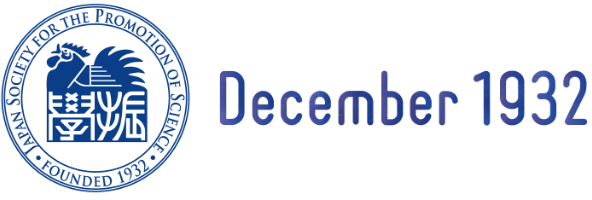

JSPS was founded in December 1932 with an endowment from Emperor Showa.

This page presents an easy-to-understand explanation of
JSPS and the support it provides.
The Japan Society for the Promotion of Science (JSPS), also known as Gakushin, is Japan’s only independent funding agency
dedicated to the advancement of science and academic development.
JSPS provides stable and sustained support for intellectual pursuits —including fundamental research across all disciplines,
courageous challenges initiated by researchers, and the research activities of institutions such as universities —with the goal of
fostering an environment where researchers can fully dedicate themselves to their endeavors.
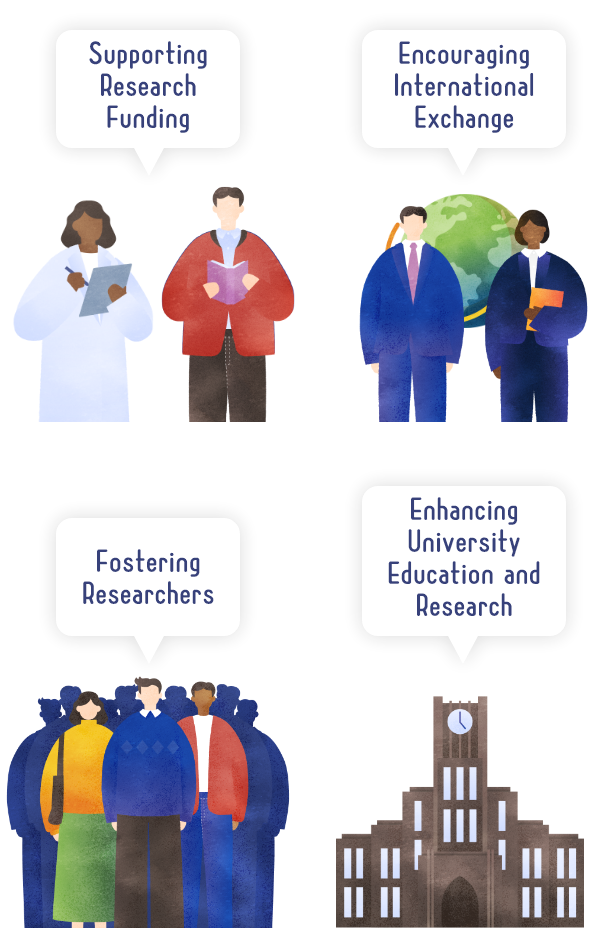
Supporting Research Funding
Encouraging International
Exchange
Fostering Researchers
Organization


JSPS was founded in December 1932 with an endowment from Emperor Showa.
Organization
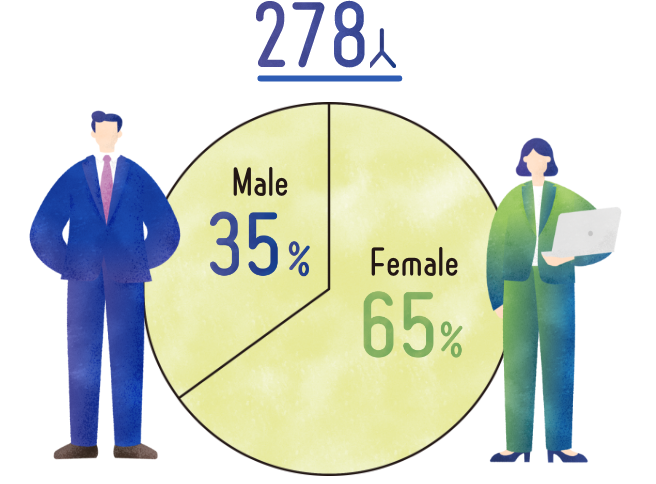
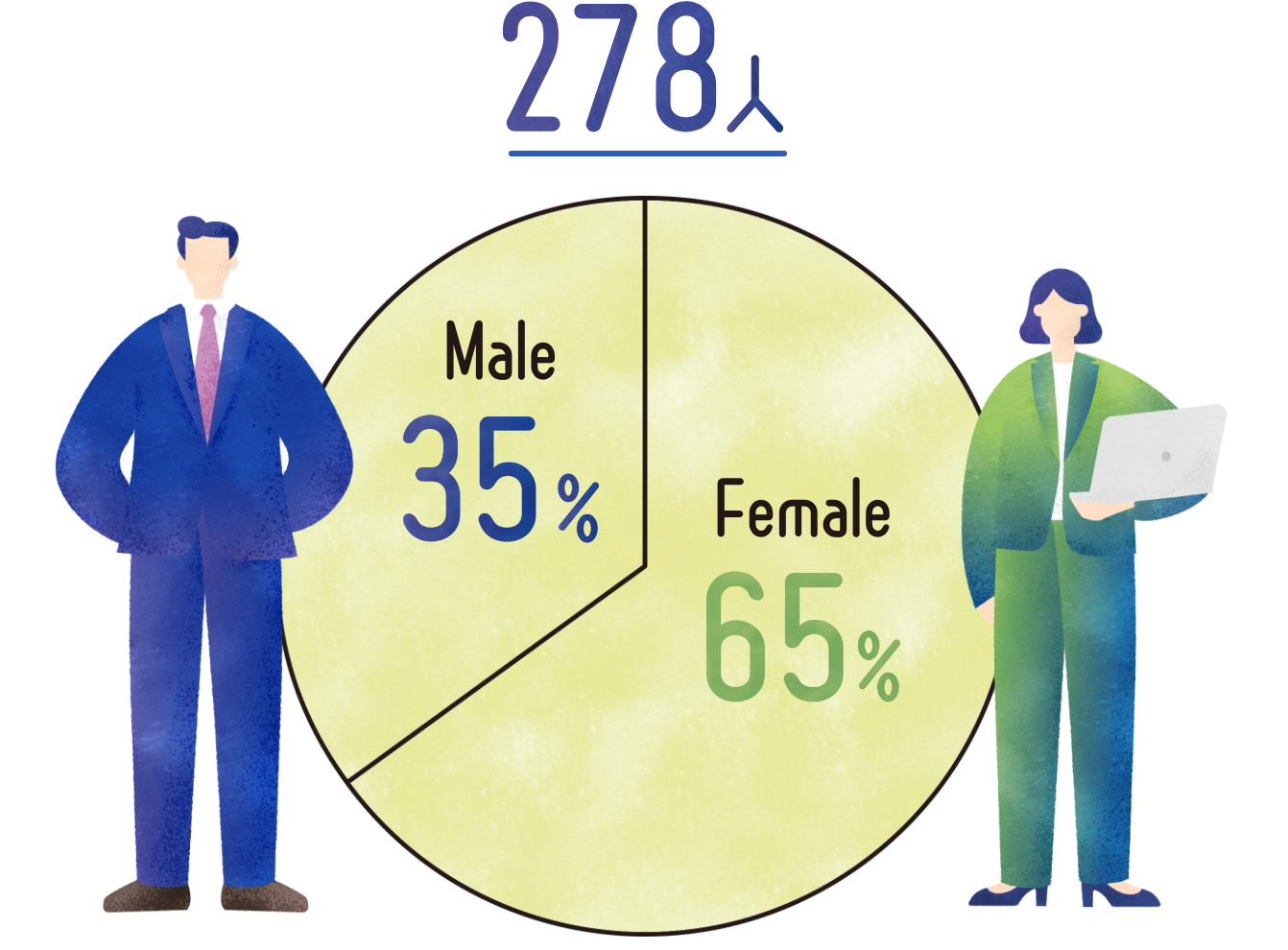
Excluding fixed-term employees, the number of staff members is 191.
In recent years, there have been about 10 newly hired staff members each year, and the percentage of permanent employee (excluding seconded employees) in the total workforce has been increasing.
As of April 1, 2025, including fixed-term employees
Organization


In recent years, the operating subsidy from the national government has remained at approximately 27 billion yen each year. The overall scale of JSPS projects, including the Grants-in-Aid for Scientific Research and other programs, is approximately 319 billion yen for FY2025.
※The figures are rounded to the nearest unit. Consequently, the gross total and the sum of the breakdown do not necessarily coincide.
Supporting Research Funding
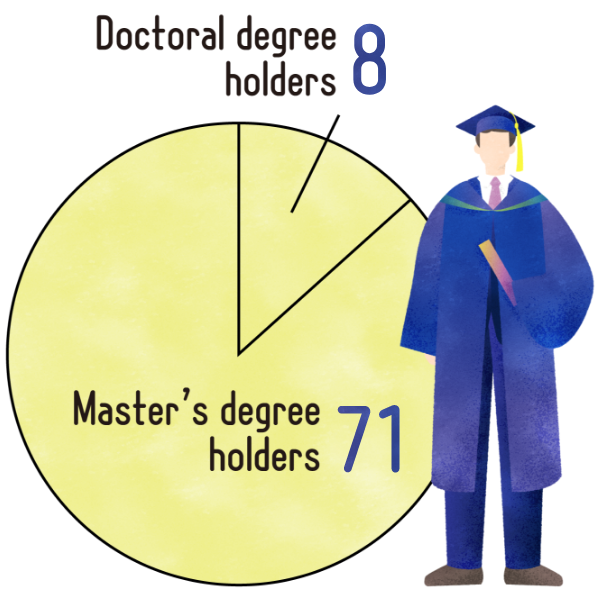
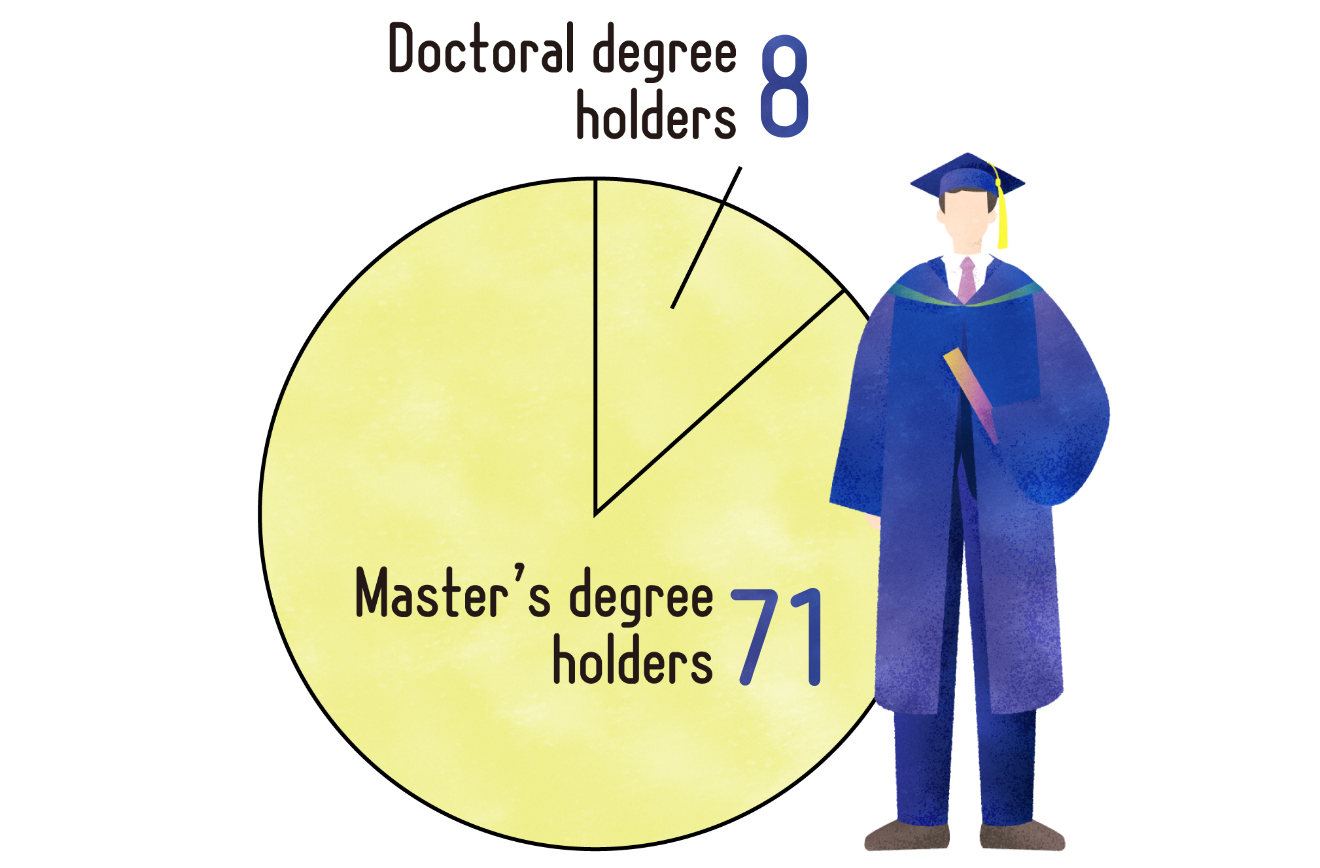
For the Grants-in-Aid for Scientific Research (KAKENHI) program, more than 8,000 researchers peer-review nearly 90,000 applications each year.
Supporting Research Funding
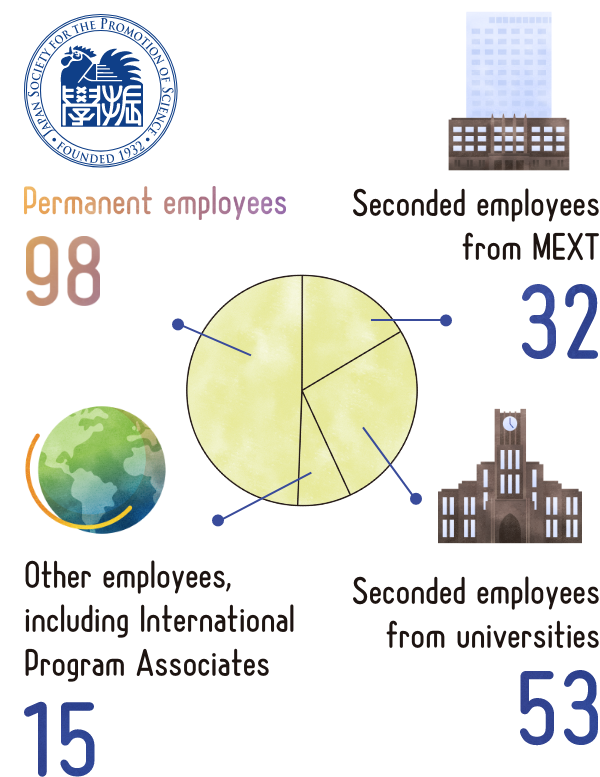
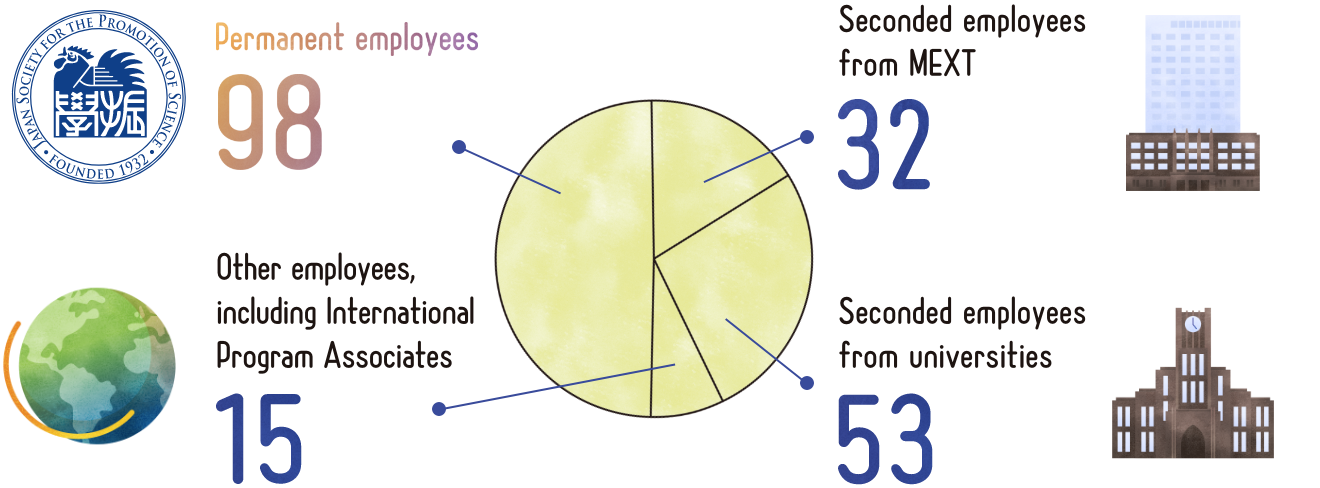
Of the 27 Japanese Nobel Prize winners in the natural sciences (physiology or medicine, physics, and chemistry), 23 winners are the researchers who have ever received support from the JSPS, including Grant-in-Aid for Scientific Research (KAKENHI).
Through the various continuous support from JSPS, including KAKENHI, many researchers have been honored with Nobel Prizes.
Encouraging International Exchange
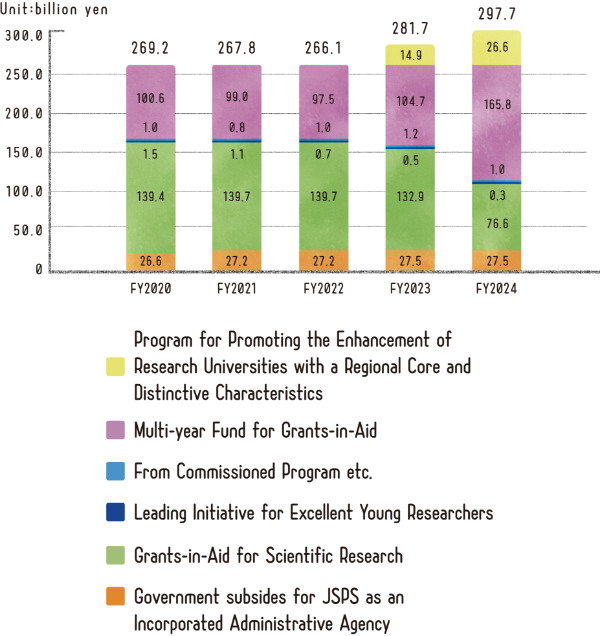
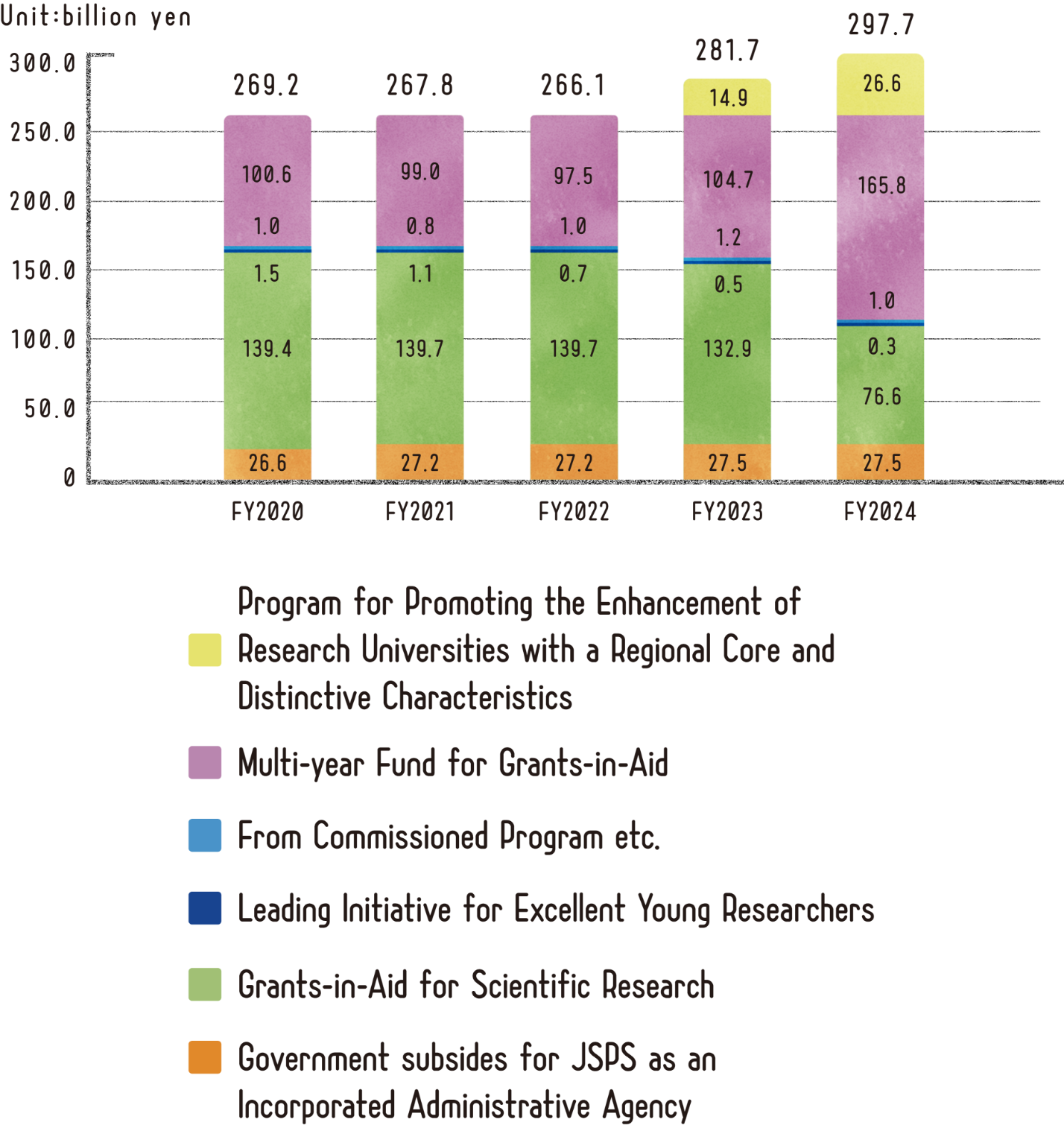
Main functions
・Collaborating with overseas science-promotion institutions, including those with which JSPS has signed cooperation agreements
・Organizing symposiums, colloquiums, and other events in collaboration with overseas scientific institutions
・Cooperating with Japanese universities and supporting their overseas activities
・Building and supporting networks connecting JSPS program alumni, including past fellowship recipients
・Disseminating scientific information from Japan and collecting information on overseas scientific trends, university reforms, and other science-related matters
Encouraging International Exchange
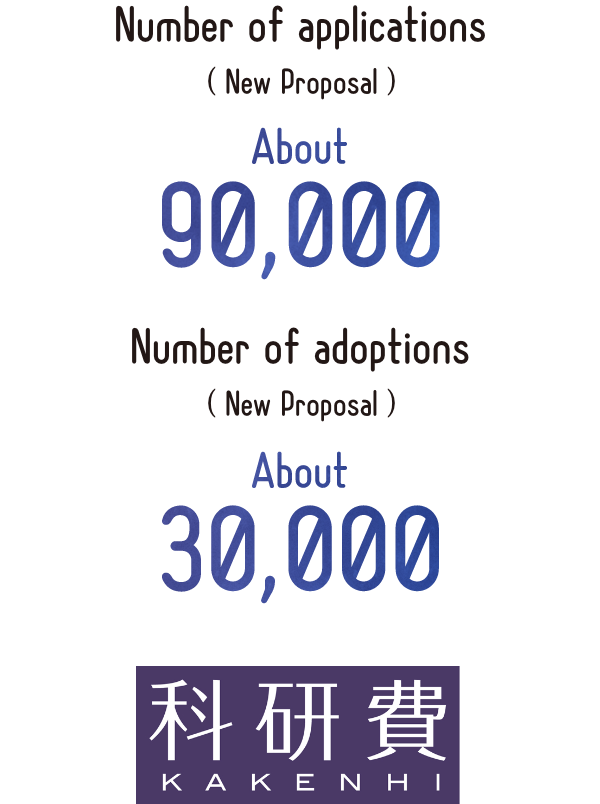
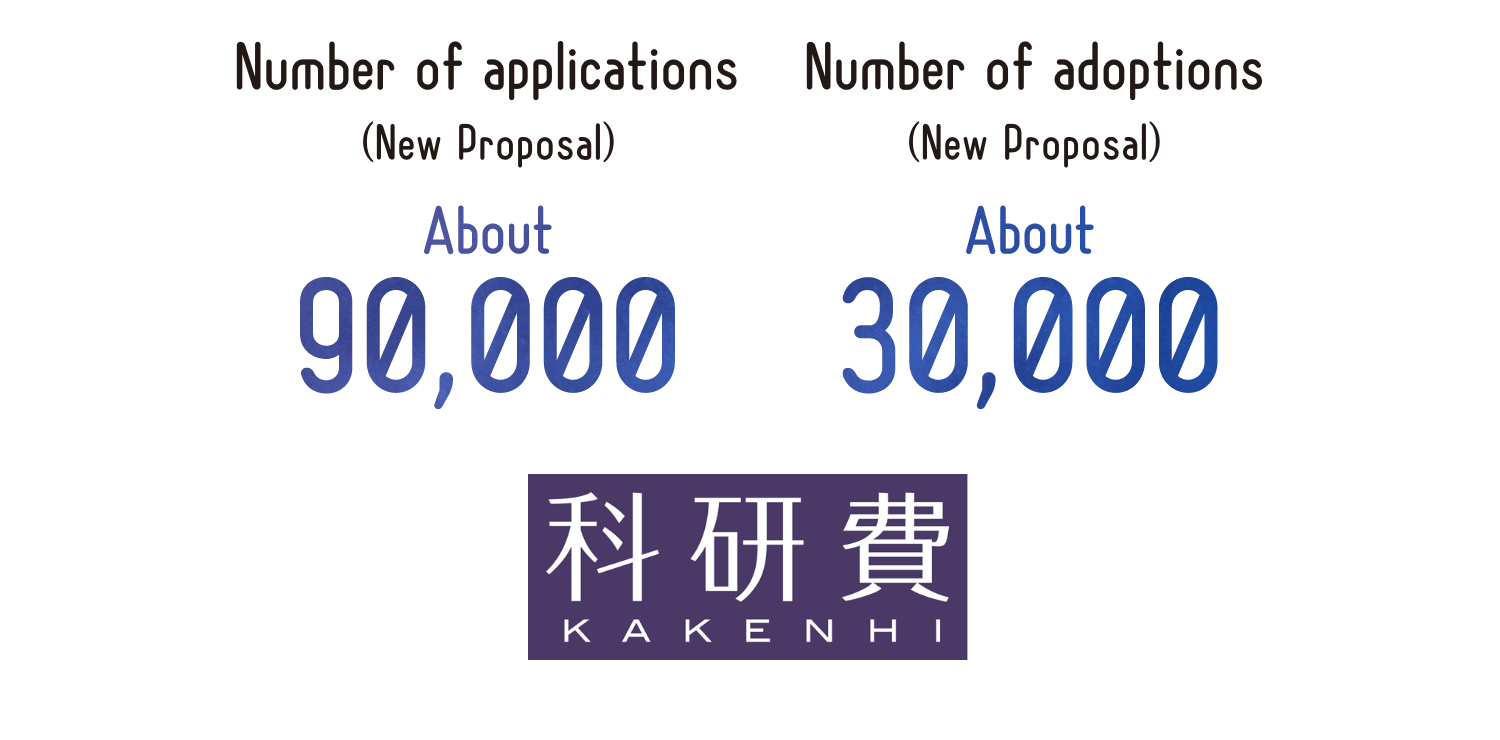
JSPS programs have sent 4,199 researchers to 85 countries /regions around the world.
(FY2023 results)
Encouraging International Exchange


JSPS programs have invited 2,616 researchers from 98 countries/regions around the world. (FY2023 results)
Encouraging International Exchange
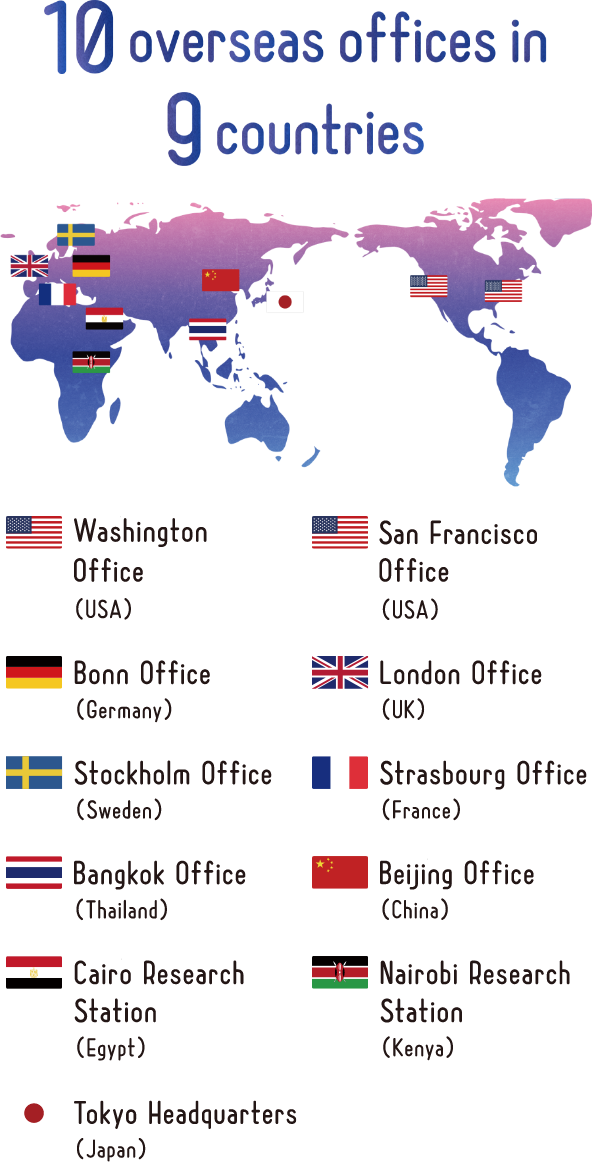
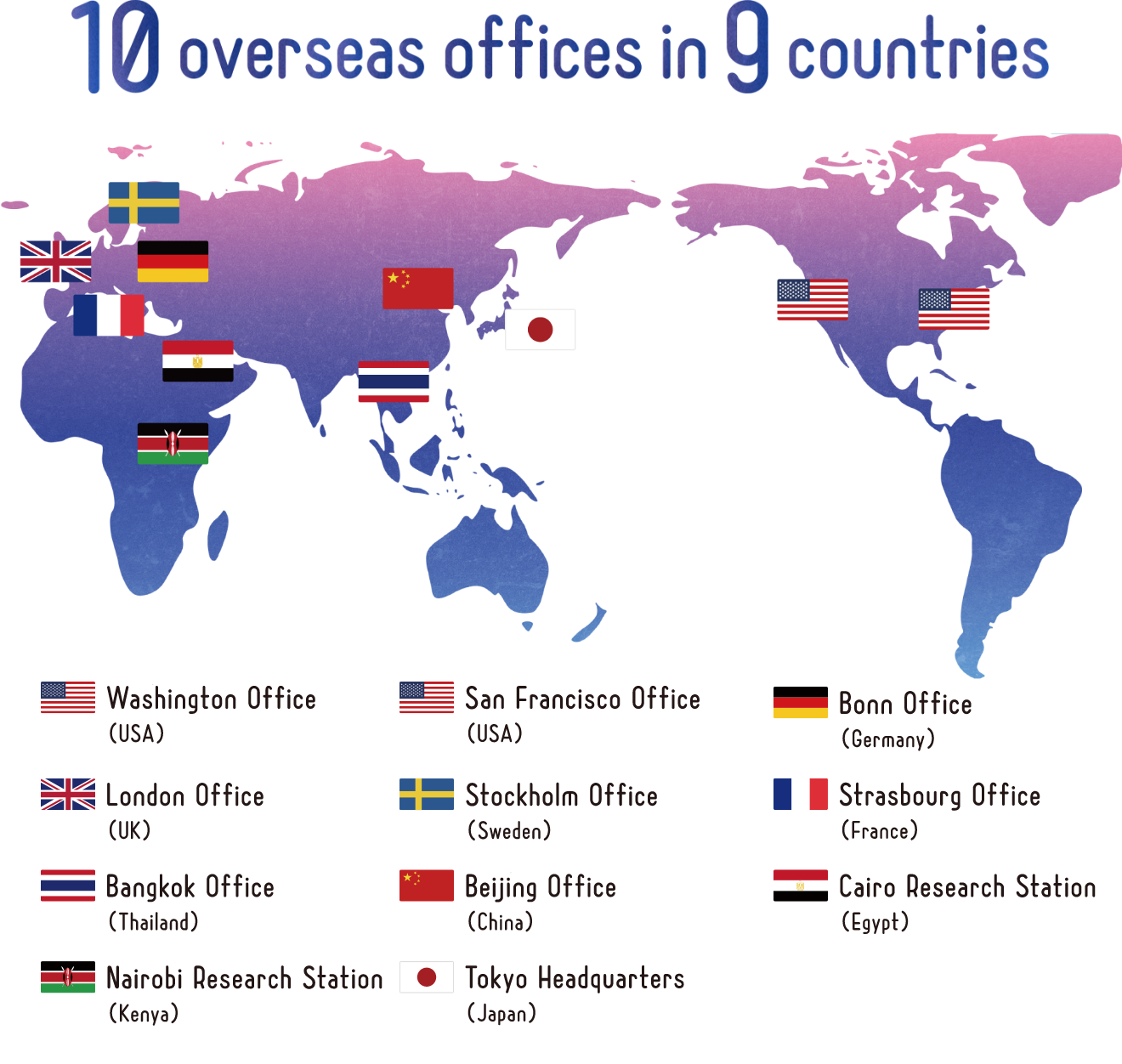
JSPS programs have supported 8,780 international joint research programs with 139 countries /regions around the world. (FY2023 results)
(Note: The total does not equal the sum of the programs in the circles, because there are some joint research programs conducted with multiple countries.)
Encouraging International Exchange
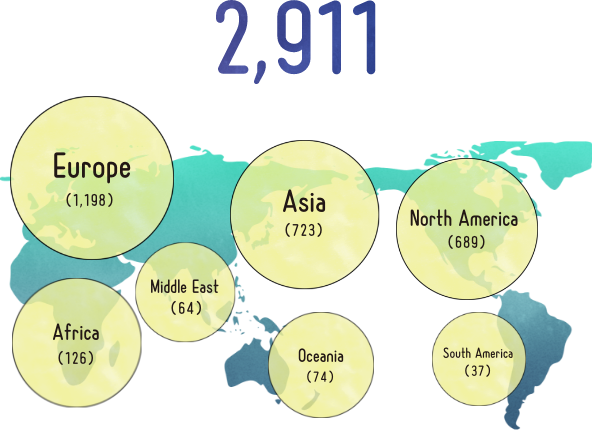
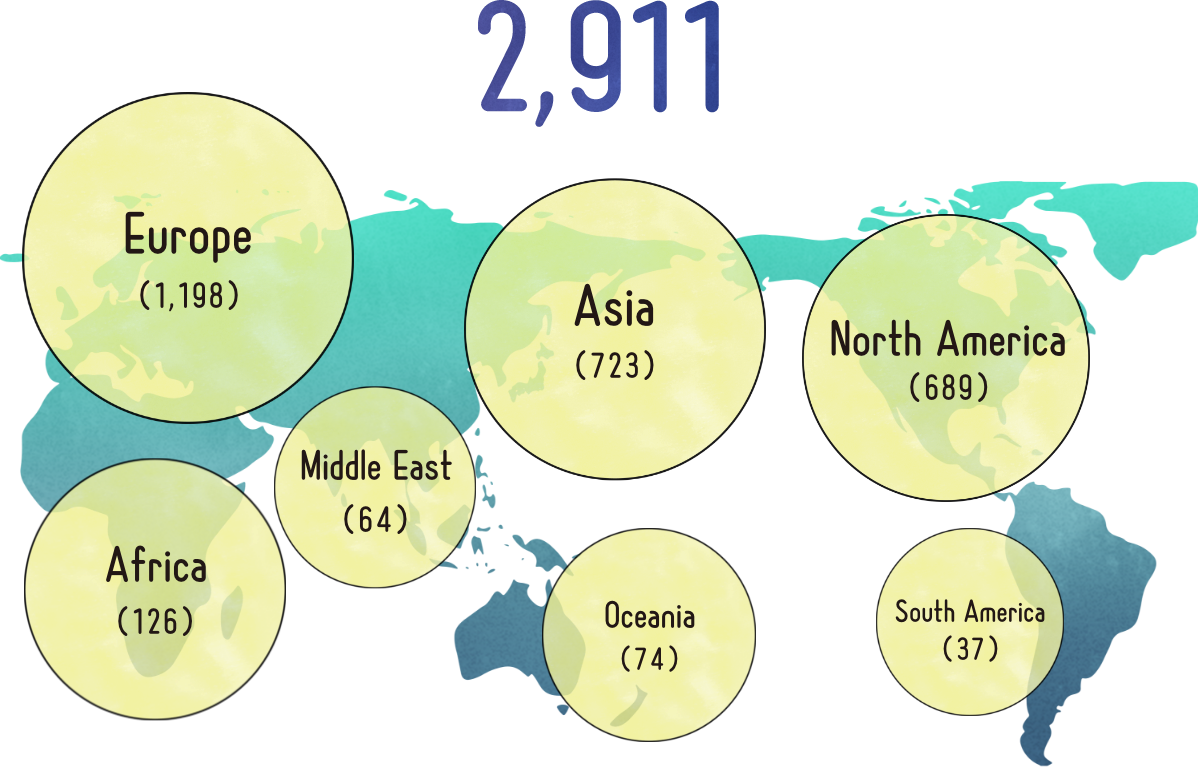
There are 21 alumni communities around the world composed of researchers and related individuals who have been supported by JSPS programs. The alumni communities aim to form, maintain, and strengthen networks of researchers in Japan and other parts of the world.
Fostering Researchers
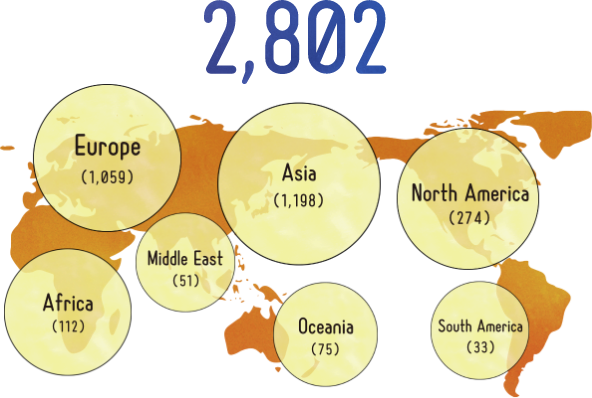
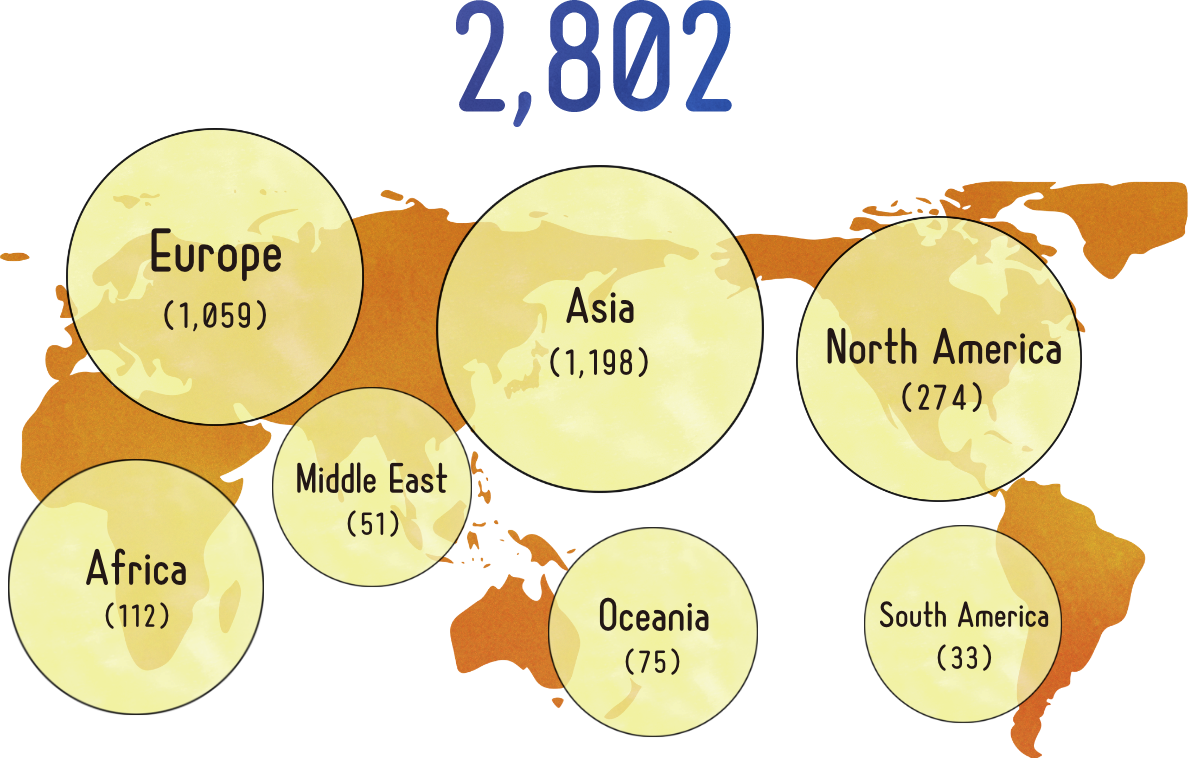
Doctoral students and outstanding young researchers with doctoral degrees are offered “Research Fellowships”, which allow them to devote themselves to their research at research institutions.
As of FY2024
Fostering Researchers
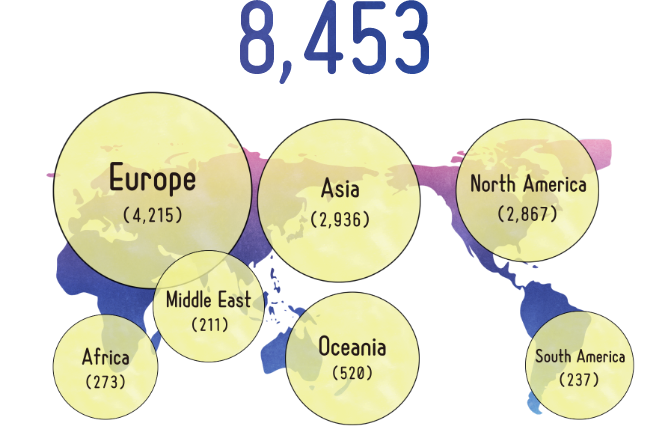
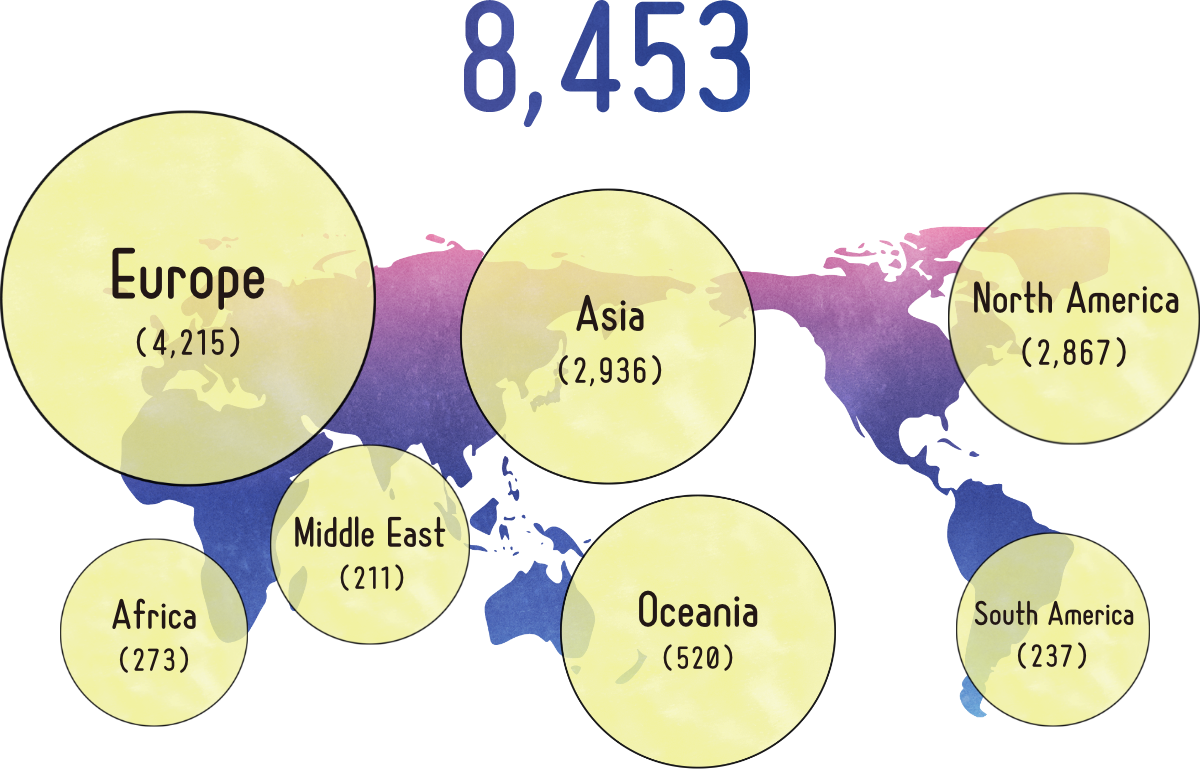
Over 80% of the JSPS Research Fellowships recipients are in full-time research positions within 10 years after finishing their fellowships.
As of April 1, 2024
Enhancing University Education and Research
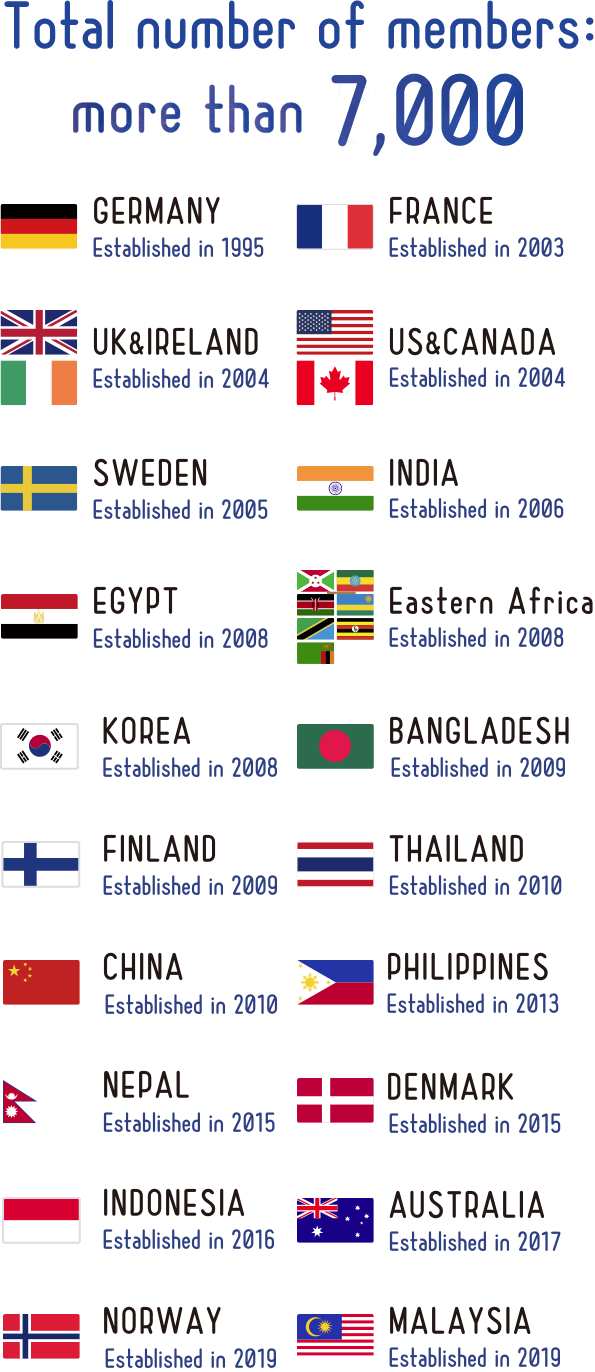
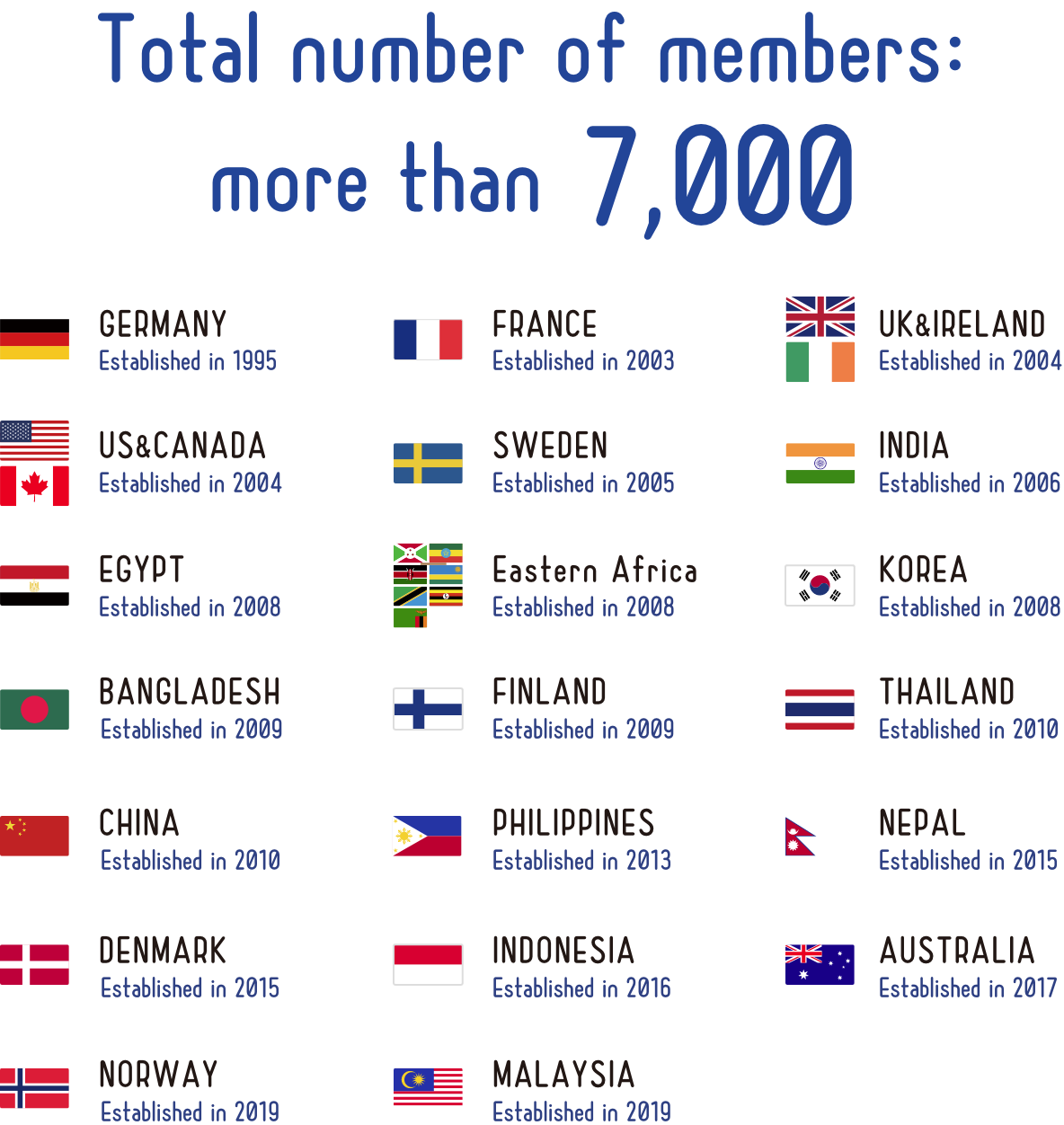
The Ministry of Education, Culture, Sports, Science and Technology (MEXT) established the WPI in FY2007. It commissioned JSPS to conduct the program’s grant selection and project assessments processes and to perform support functions aimed at maximizing the WPI Program’s achievements.
Starting from 2007, 18 WPI centers, hosted by universities and research institutions, have been established. They attract outstanding research talent from around the world and carry out research projects that produce excellent, milestone results.
All WPI centers have achieved its goal of 30% foreign researchers (in the supported period). In FY2024 the percentage of foreign researchers at the 18 WPI centers was 38.5%; that is, 761 foreign researchers out of a total 1,976 researchers.
As of April 1, 2025
Enhancing University Education and Research


For the Program for Forming Japan’s Peak Research Universities (J-PEAKS), JSPS is responsible for tasks such as review, evaluation, and accompanying support. JSPS has selected 25 universities in total for J-PEAKS, fostering the development of a group of research universities that will lead the overall advancement of Japan’s research competitiveness.
As of April 1, 2025